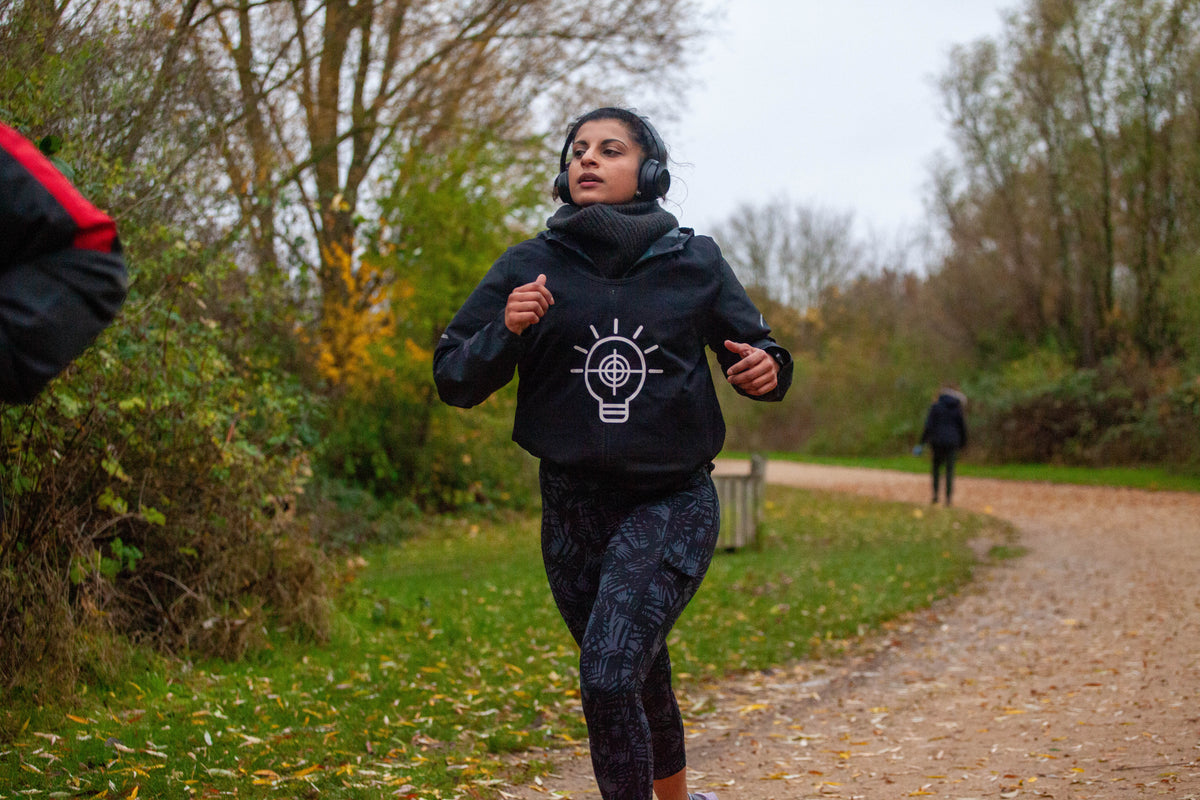
How Important Is Sleep for Fitness Recovery in 2025, and How Can You Improve It?
|
|
Tempo di lettura 3 min
|
|
Tempo di lettura 3 min
In 2025, the importance of sleep for fitness recovery has never been clearer. Advances in science and technology continue to reveal just how critical rest is for optimal physical performance, muscle repair, and overall well-being. Whether you’re an elite athlete, a weekend warrior, or someone just starting their fitness journey, understanding the role of sleep can help you unlock your body’s full potential.
Muscle Repair and Growth: During deep sleep, your body produces growth hormone—a vital component in muscle repair and growth. Intense exercise creates microtears in your muscles, and sleep is the time when these tears are repaired, leading to stronger, more resilient muscles.
Energy Replenishment: Sleep is also essential for replenishing glycogen stores, which are the primary energy source for your muscles during exercise. Without adequate sleep, your energy reserves may be depleted, leaving you feeling fatigued and reducing your performance in workouts.
Cognitive and Emotional Recovery: Sleep isn’t just about physical recovery. It’s also crucial for mental clarity, decision-making, and emotional stability. These are all essential for staying motivated and making smart choices about your fitness and nutrition.
Immune System Boost: Sleep strengthens your immune system, reducing the risk of illness and injury, both of which can derail your fitness progress. Inadequate sleep can lead to chronic inflammation, making it harder for your body to recover after workouts.
In today’s fast-paced, tech-driven world, sleep often takes a backseat to work, socializing, and screen time. However, wearables and health tech in 2025, such as advanced sleep trackers and AI-driven recovery tools, have made it easier than ever to measure and optimize sleep. These tools highlight the undeniable link between quality sleep and fitness progress.
Moreover, societal trends like the rise of hybrid work have blurred the boundaries between work and rest, making it even more critical to prioritize sleep intentionally. Athletes and fitness enthusiasts are now using personalized sleep data to tweak their routines, proving that even slight improvements in sleep can lead to significant gains in recovery and performance.
Stick to a Consistent Sleep Schedule: Going to bed and waking up at the same time every day helps regulate your body’s internal clock, leading to more restful and restorative sleep.
Create a Sleep-Friendly Environment: Ensure your bedroom is cool, dark, and quiet. Consider blackout curtains, white noise machines, or even smart temperature-regulating bedding to optimize your sleep environment.
Limit Screen Time Before Bed: Blue light from screens disrupts the production of melatonin, a hormone that regulates sleep. Aim to disconnect from devices at least an hour before bedtime.
Monitor Sleep Quality: Use modern sleep tracking devices to gain insights into your sleep patterns. Many tools now offer actionable advice based on your data, such as when to go to bed or how to wind down effectively.
Focus on Nutrition and Hydration: Avoid heavy meals, caffeine, and alcohol close to bedtime. Instead, opt for sleep-promoting foods like bananas, almonds, and herbal teas.
Incorporate Relaxation Techniques: Practices such as meditation, deep breathing, and yoga can help calm your mind and prepare your body for sleep. Some individuals even use guided sleep stories or ambient music for better relaxation.
Optimize Post-Workout Recovery: While exercise can improve sleep quality, intense workouts close to bedtime might interfere with falling asleep. Plan your workouts strategically to allow time for your body to wind down.
Looking ahead, sleep optimization is poised to remain a key focus in fitness and health. Innovations like AI-powered sleep coaching, wearable devices with advanced biometric sensors, and even sleep-focused fitness programs are expected to become mainstream. The integration of these technologies into daily life will make it easier than ever to prioritize and improve sleep for better recovery.
In 2025, the evidence is overwhelming: sleep is the cornerstone of fitness recovery. It’s not just about how hard you train; it’s also about how well you recover. By prioritizing sleep and leveraging modern tools and techniques, you can enhance your performance, reduce the risk of injury, and achieve your fitness goals more efficiently. So tonight, skip the late-night scroll, turn off the lights, and give your body the rest it deserves. Your future self will thank you.